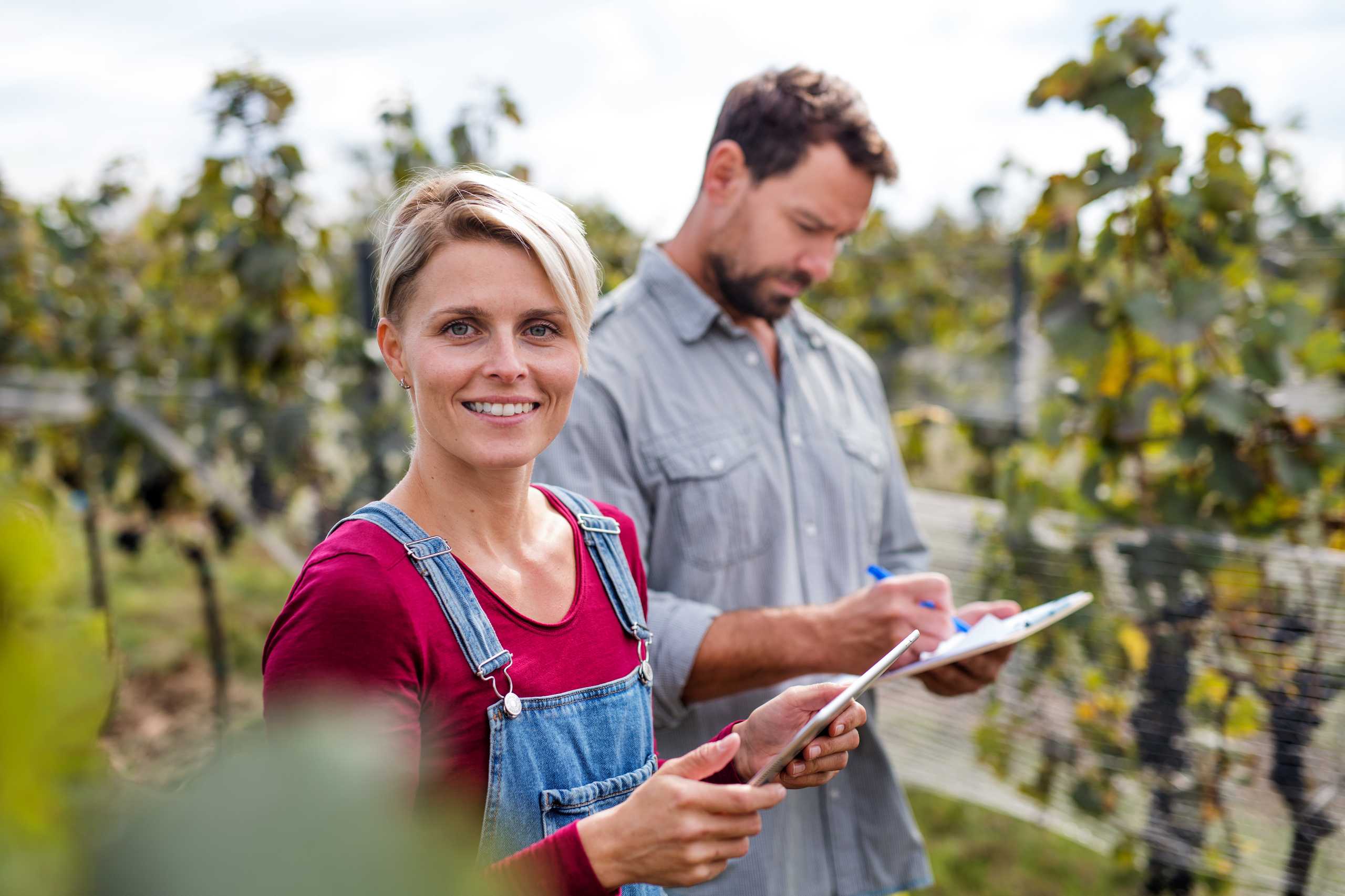One of the biggest challenges for home gardeners is keeping plants healthy and free from pests and diseases. While chemical treatments exist, many gardeners prefer natural and sustainable solutions that protect both plants and the environment.
Understanding Common Pests
Identifying the pests in your garden is the first step to controlling them effectively.
- Aphids – Tiny insects that suck sap from leaves, causing curling and stunted growth.
- Caterpillars – Larvae that can chew through leaves and stems quickly.
- Slugs and snails – Common in damp environments, they can damage seedlings overnight.
Early detection is critical. Regularly inspecting leaves, stems, and soil will allow you to address problems before they escalate.
Natural Pest Control Methods
Several eco-friendly strategies can keep pests in check without harmful chemicals:
- Companion Planting – Planting marigolds, basil, or nasturtiums alongside vegetables can repel harmful insects.
- Manual Removal – Handpicking pests or shaking them off leaves can be surprisingly effective for small infestations.
- Homemade Sprays – Solutions using neem oil, garlic, or mild soap can deter pests safely.
- Beneficial Insects – Ladybugs, lacewings, and predatory beetles naturally control aphids and other harmful bugs.
Using multiple methods together creates a balanced ecosystem that supports healthy plant growth.
Disease Prevention Strategies
Diseases can spread quickly if proper care is not taken. Preventative measures are often more effective than treatments:
- Rotate crops annually to prevent soil-borne diseases.
- Avoid overhead watering to reduce fungal infections on leaves.
- Sanitize tools and containers to prevent cross-contamination.
- Choose disease-resistant varieties whenever possible.
Healthy soil, proper spacing, and good airflow are essential for preventing the conditions that encourage disease.
Monitoring and Maintenance
Continuous observation and maintenance are key to a thriving garden:
- Check plants regularly for early signs of damage or disease.
- Adjust watering, pruning, and fertilization according to plant needs.
- Keep a garden journal to record successful methods and patterns of pest activity.
By staying vigilant and using natural methods, gardeners can reduce damage, minimize stress, and enjoy a more productive harvest.
The Reward of a Healthy Garden
A garden free from pests and diseases is not only more productive but also more enjoyable to tend. By investing time in natural control methods, you cultivate a sustainable environment where plants flourish, beneficial insects thrive, and the homegrown harvest is abundant and delicious.

